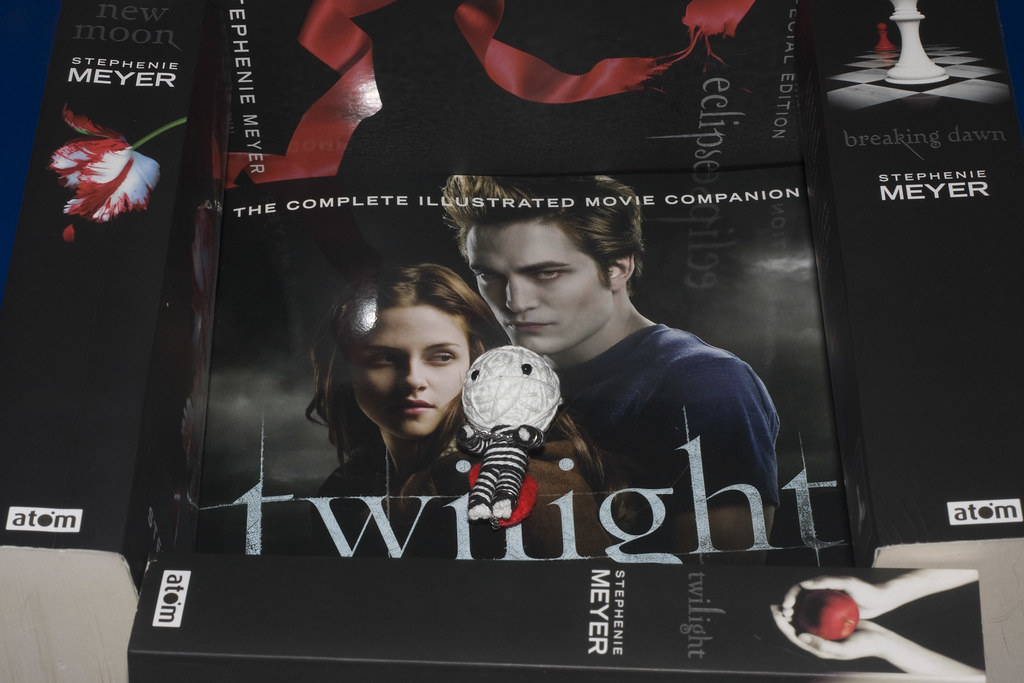During times of distress, it is primitive to turn to media that reminds us of a simpler time. Clinical psychologist specializing in traumatic stress, Valentina Stoycheva said, “In times of trauma and overwhelming stress, it’s a natural instinct to feel nostalgic and rely on those feelings for comfort and a sense of normalcy.” In August Stephanie Myer released “Midnight Sun,” the re-telling of “Twilight” from Edward’s perspective. Subsequently, Amazon released the entire “Twilight” series for free for Amazon Prime members. Unfortunately, they were removed on Sept. 1, but are still available on Hulu.
After taking a second look at the “Twilight” series in 2020, many people are having a reckoning as to how the series and Bella were perceived in the past. Personally, I remember watching the “Twilight” series at the ripe age of 11-years-old and claiming it as substandard. I was one of those kids that rebelled against the color pink because I associated it with femininity. At the time, loathing “Twilight” simply seemed like the right thing to do. I remember hearing older women I looked up to in my life criticize the portrayal of Bella as “weak and whiny.” Naturally, I accepted this ideology as true. In addition, disapproving of something that feminine individuals typically enjoyed made me feel like I had an edge; something that made me “better than other girls.”
Bouncing back to today, I found myself re-watching the series during the state-mandated quarantine. A little ashamed to admit, I became so utterly invested in the made-up world of Forks, Washington. Considering the circumstances, I made an exception for myself, coming up with the excuse that it was a rough time for everyone, so it is natural for me to cling to false realities. However, after deeper analysis, I became curious as to why the “Twilight” series was previously perceived in such a negative light. Was Bella really as weak and whiny as we thought, or did we simply assume this because of the demographic the series attracts? Although Bella’s goals in life were different than most women today, she still knew what she wanted from the very beginning. She told Jacob in “New Moon,” “Don’t make me choose because it will be [Edward], it’s always been him”

The re-evaluation of this series has also led many people to question Jacob’s behavior, as he had some manipulative behaviors and didn’t understand consent. Throughout the series, Bella was clear about what she wanted, but Jacob just kept on pushing. There is a scene in “Eclipse” where Jacob and Bella discussed their relationship, Bella told him, “I know what I want.” This was Bella referring to wanting to be with Edward. Jacob then proceeded to forcefully kiss Bella, which was a yikes moment. I had previously seen Bella as indecisive, but re-watching the series made me realize that she was very clear about what she wanted from the beginning and that Jacob may have been the real problem.
How does Internalized misogyny intertwine with our perception of “Twilight”? Well, internalized misogyny is when women subconsciously project sexist ideas onto other women and even onto themselves. It wasn’t until I heard this term that I realized I had many of these behaviors growing up, the most prominent one being my perception of “Twilight.” I have started to see that it was not just me that experienced this phenomenon. My TikTok and Twitter accounts recently flooded with content about re-considering “Twilight,” and how it wasn’t as bad as we previously perceived it to be. It is very valid to criticize a movie for technical reasons and acting skills, but I would like to argue that the public’s hatred towards “Twilight” ties to the internalized misogyny presented in the series.
